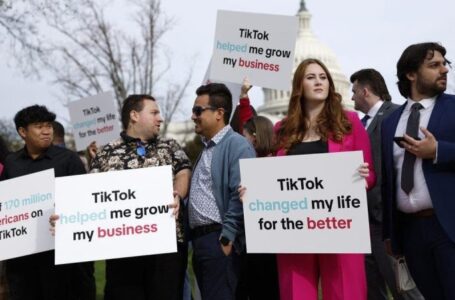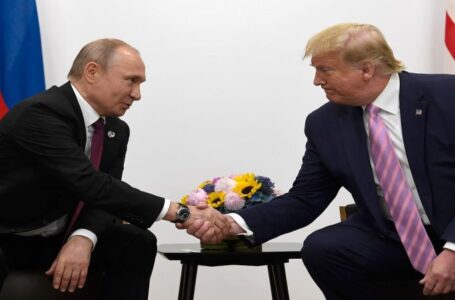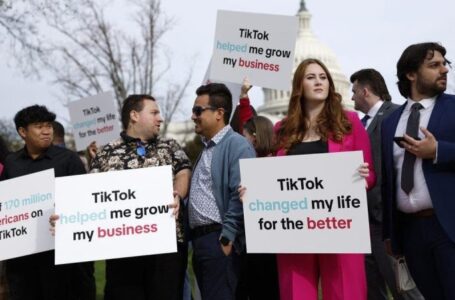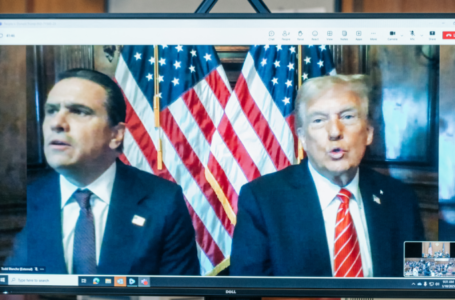Greenland leader calls for respect for island’s wish for independence
Former British Finance Minister Denies Crypto Lobbying Allegations


The UK’s former Chancellor of the Exchequer, Lord Philip Hammond, has denied allegations that he may have been illegally lobbying for crypto company Copper.
Hammond currently Chairs the Switzerland-based crypto firm.
He has had the appointment since January last year after first serving as an advisor in August 2021, then as a Senior Advisor from October that year.
Under British rules, Hammond had to solicit advice from the Advisory Committee on Business Appointments (Acoba) before taking on private sector jobs during the two-year window after his resignation as the UK Finance Minister in July 2019.
Acoba also bans ministers from lobbying their former departments within that period.
While Hammond’s official capacities with Copper fall outside of this window, his actions that are currently under scrutiny fall within them.
According to a report by the Financial Times, which made a Freedom of Information request, Hammond brokered a meeting between Copper CEO Dimitry Tokarev and UK Treasury officials in March 2021 after then-economic secretary John Glen told the civil servants the former Chancellor would act as an intermediary.
Hammond told Glen that Tokarev was “incredibly impressed” with the meeting. A week later, Hammond and then-economic secretary John Glen followed it up with a scheduled call.
Hammond “emphatically” denied to the FT that his actions on behalf of Copper constituted lobbying. Neither did he try to influence Glen to organize a meeting with Copper, he said.
Britain’s path to regulation
Britain has taken a more welcoming approach to crypto firms than the US, but it still lags behind territories such as the EU, Canada, Singapore, and Abu Dhabi, which have offered more clarity as to what companies can and can’t do.
At the end of last year the British government unveiled plans to regulate crypto within the framework governing traditional finance activities.
The proposal says that crypto exchanges operating or targeting customers within the territory will require authorization from the Financial Conduct Authority (FCA).
The proposal stops short of regulating DeFi. According to responses received in the consultation process, the UK Treasury argues “it would be premature and ineffective for the UK to regulate DeFi activities currently. […] Instead, the government will support efforts at the international level through work at both the FSB and standard-setting bodies to inform a future domestic framework.”
Former FCA Chair Charles Randell criticized the decision to oversee crypto using existing policies, arguing that the space poses novel risks and requires bespoke legislation.
In January, Randell revealed that the FCA had been under “political pressure” to welcome crypto firms into the UK following a spate of enforcement actions in the US.
HM Treasury has tentatively said it will introduce secondary legislation pertaining to crypto later this year.
The post Former British Finance Minister Denies Crypto Lobbying Allegations appeared first on Cryptonews.











